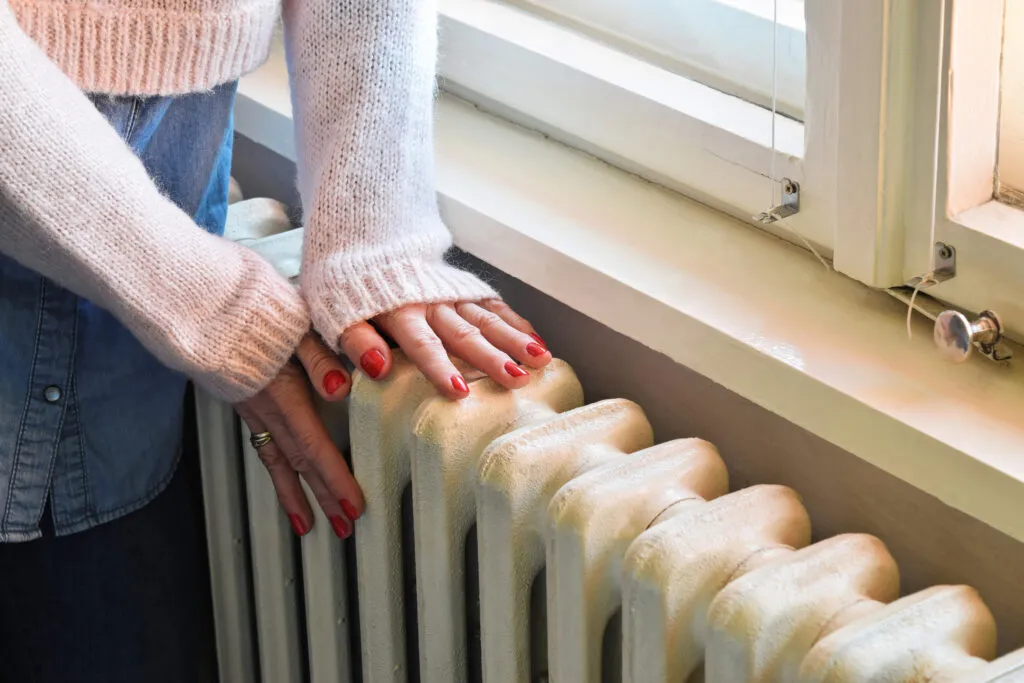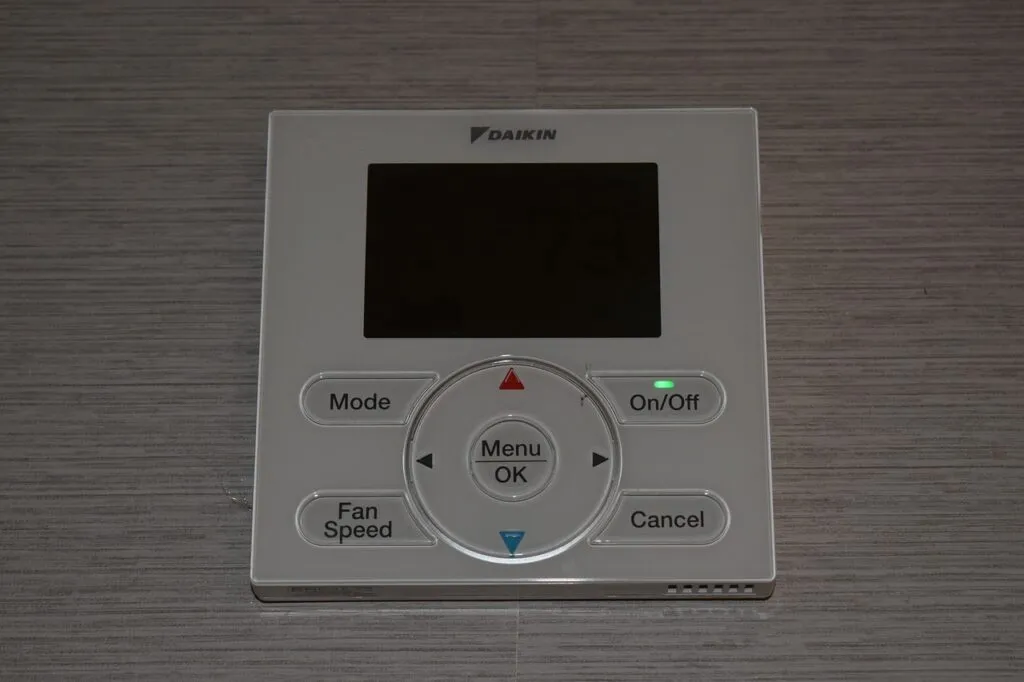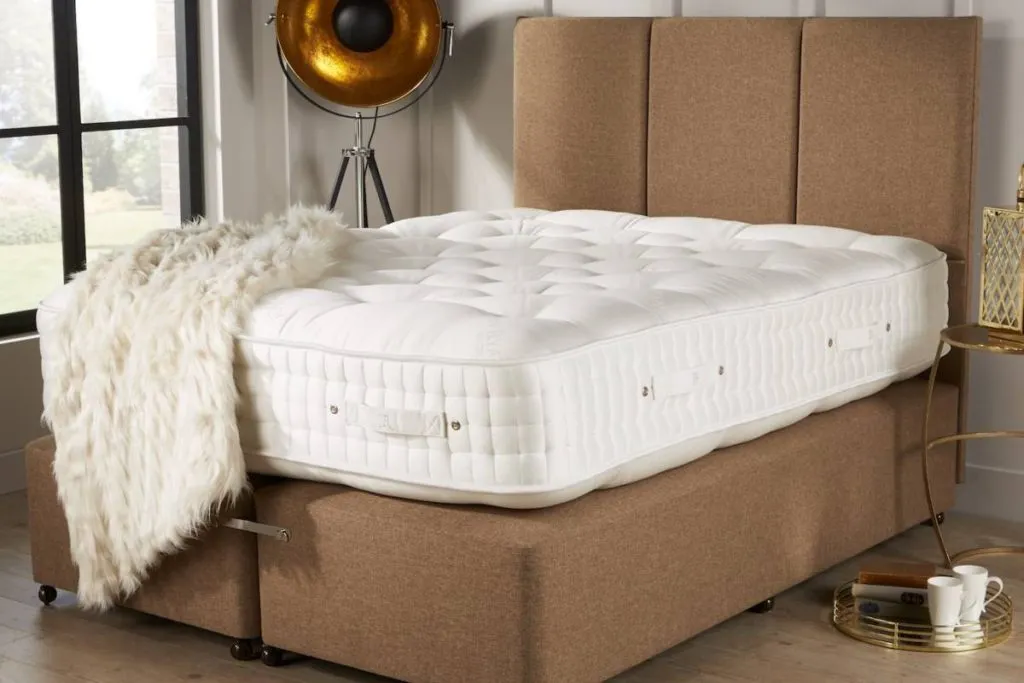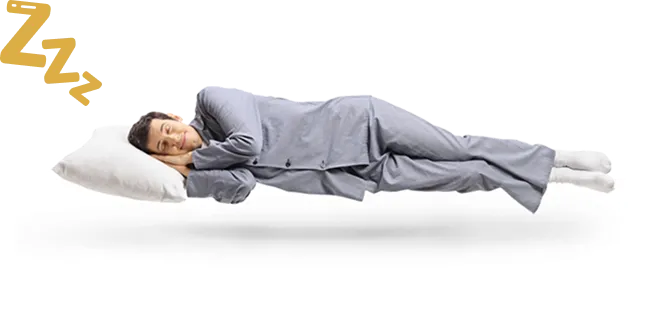Sleep & Well Being
April 2023Cold hands and feet in bed – How to solve it
Why are my hands and feet cold in bed
Feeling cold in bed is a common problem, and it can be incredibly frustrating when your hands and feet are cold. It is now widely understood that cold hands and feet impede the ability to fall asleep, so apart from being uncomfortable, it can be hazardous for your sleep schedule.
Let’s look at some reasons why your hands and feet may be cold in bed. We have looked at the most common all the way through to the most unusual:
1. Poor circulation
Poor circulation can cause your extremities, like your hands and feet, to feel cold. When blood flow is restricted, less warmth is delivered to these areas, which can lead to a drop in temperature.
2. Cold room temperature
If your bedroom is cold, it can be difficult to keep your hands and feet warm, even if you are covered with blankets. Make sure your bedroom is a comfortable temperature for sleep, usually between 60-67°F (15.6-19.4°C).

3. Raynaud’s disease
Raynaud’s disease is a condition that causes the blood vessels in your fingers and toes to narrow, which can lead to coldness, tingling, and numbness. This condition is more common in women and may be triggered by stress, cold temperatures, or certain medications.
4. Peripheral neuropathy
Peripheral neuropathy is a nerve condition that can cause a tingling or numb sensation in your hands and feet. It can be caused by a variety of factors, including diabetes, chemotherapy, and alcoholism.
5. Hypothyroidism
Hypothyroidism is a condition in which your thyroid gland does not produce enough thyroid hormone. This can lead to a variety of symptoms, including feeling cold, especially in your hands and feet.
6. Anaemia
Anaemia is a condition in which you have a low red blood cell count, which can lead to feelings of fatigue and coldness. Anaemia can be caused by a variety of factors, including iron deficiency, vitamin B12 deficiency, and chronic diseases like kidney disease or cancer.
7. Stress and anxiety
Stress and anxiety can cause your body to go into a “fight or flight” response, which can lead to changes in circulation and a drop in body temperature. This can cause your hands and feet to feel cold, even if the rest of your body feels warm.

8. Medications
Some medications can cause a drop in body temperature or affect circulation, which can lead to cold hands and feet. If you recently started taking a new medication and are experiencing coldness in your extremities, it may be worth speaking with your healthcare provider to see if the medication could be contributing to the issue.
What can be done to keep your fingers and toes warm in bed?
If you struggle to sleep it maybe because of cold feet or hands.
Cold feet and hands can keep you awake for several reasons:
- Discomfort: Cold feet can be uncomfortable and make it difficult to relax and fall asleep.
- Shivering: When the body is cold, it may start shivering to generate heat. Shivering is a reflex that can cause muscle tension and make it difficult to relax.
- Blood circulation: Cold temperatures can cause blood vessels to narrow, reducing blood flow to the extremities, including the feet. This can lead to a feeling of numbness and tingling, which can be uncomfortable and make it difficult to fall asleep.
- Sleep quality: When the body is cold, it may be more difficult to achieve a deep, restful sleep. This can lead to waking up feeling tired and groggy the next morning.
- Thermoregulation: The body has a natural ability to regulate its temperature. When the feet are cold, the body may work harder to generate heat and maintain its ideal temperature, which can interfere with the sleep cycle.

Here are the our topm tips for ensuring cold feed don;’t ruin your nights sleep.
1. Keeping your bedroom at a comfortable temperature
the most obvious solution first. As mentioned earlier, keeping your bedroom at a temperature between 60-67°F (15.6-19.4°C) can help promote restful sleep and prevent your hands and feet from getting too cold. Using a smart thermostat can help keep your bedroom at the perfect temperature throughout the night.

2.Wearing socks and gloves to bed
Ok, we know it’s a bit of a passion killer, but being tired and grumpy doesn’t set the bedroom alight either 😉
Wearing socks and gloves to bed may be the only realistic way keep your hands and feet warm while you sleep. You could also try using a heating pad or hot water bottle to warm up your extremities before bed. Anything for a good nights sleep.
Look for socks made from warm, insulating materials such as wool, alpaca, or synthetic fabrics like polyester or nylon. Wool is an excellent choice because it is natural, warm, and wicks away moisture.

Choose socks with a thicker knit for more warmth. Socks with a cushioned sole can also add extra insulation and comfort.
Make sure the socks fit well, without being too tight or too loose. Socks that are too tight can restrict circulation, while socks that are too loose can allow cold air to enter. Consider the height of the sock. Crew-length socks are a good choice for most people, as they provide coverage up to the calf, but knee-high socks can be even warmer.
3. Staying active
Exercise can help improve circulation and keep your body warm. A quick work out an hour before bedtime can help keep your body warm ready for sleep. However, it’s important to avoid exercising too close to bedtime, as this can interfere with sleep.

4. Managing stress
Stress and anxiety can contribute to feelings of coldness in your hands and feet. Finding ways to manage stress, such as through meditation, yoga, or deep breathing exercises, can help keep your body relaxed and promote restful sleep.
Summary
In summary, feeling cold in your hands and feet while sleeping can be caused by various factors, including poor circulation, cold room temperature, medical conditions, stress and anxiety, and medication side effects. If you are experiencing persistent coldness in your extremities, it’s essential to speak with your healthcare provider to determine the underlying cause and the best course of treatment.
Click here to view our range of natural fibre mattresses that promote comfortable sleeping temperatures throughout the night.
Still unsure? Then why not give our small expert team a call for free advice on 0161 437 4419.

Dreaming of the perfect nights sleep?

Ask us a question
There are over 6000 questions and answers submitted by you on all questions about mattresses and bed problems. Enter a keyword such as Vi Spring, John Lewis beds, bad back or Memory Foam and see if your question has already been answered.
If you can’t find an answer in knowledge hub, ask a new question. We aim to respond to all questions within one working day.
Newsletter
Enter your email to join our newsletter. We’ll send you occasional news and mattress expertise.
